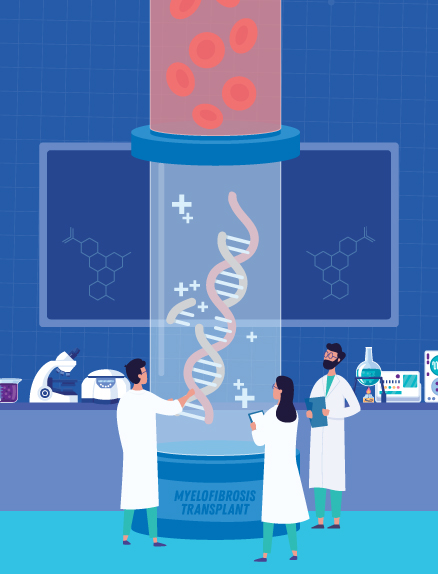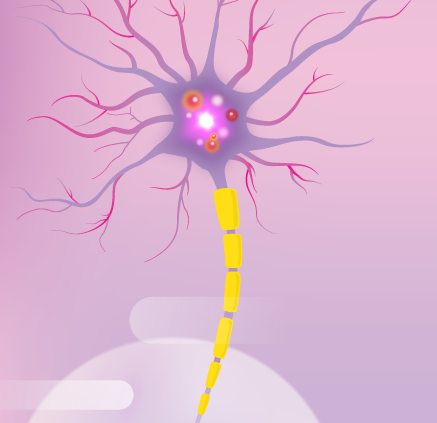Beyond aesthetics: Abdominoplasty as a multidisciplinary approach to functional care
A retrospective cohort study found that patients undergoing abdominoplasty maintained surgical weight reduction and continued to lose weight for up to five years post-operatively. As post-bariatric patient numbers rise, new data and refined techniques are further reshaping how clinicians view the procedure: not simply as body contouring, but as a reconstructive intervention that maintains surgical weight, restores core body strength and posture, enhances overall well-being, and increases procedural safety.













































